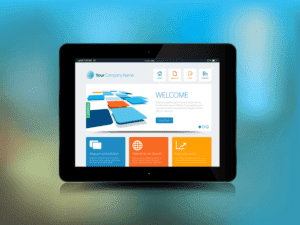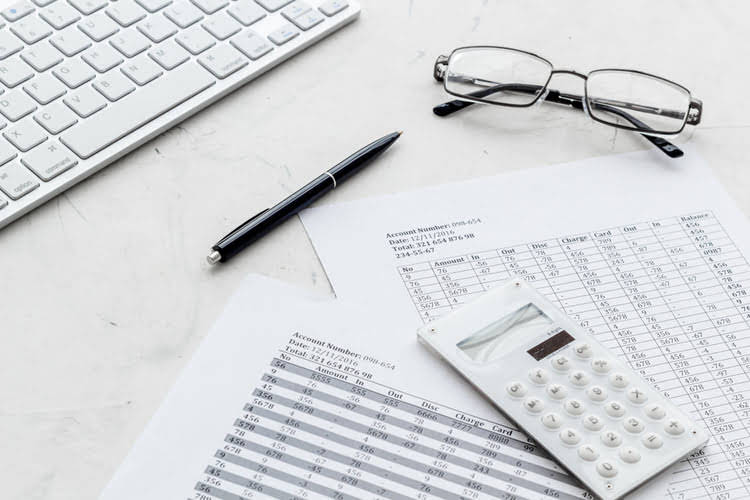
Periodic publications and subscription services such as business journals or industry-related courses fall under this miscellaneous category. Knowing how miscellaneous items will affect your bottom line and carefully tracking them could make all the difference. Keeping your records and receipts in order will be much easier than looking for possible tax deductions and miscellaneous expenses examples keeping track of them as you fill out your annual return. Also, having these details close at hand makes it easier to go back and check any information if the IRS ever comes to audit you. They can include legal fees, audit fees, marketing expenses, professional development training, and travel costs.
Miscellaneous Expense in Accounting
- Keep reading to find out all you need to know about miscellaneous expenses, along with examples.
- If any items within the account increase in size, then you can create a separate account for them.
- Businesses incur additional costs, known as miscellaneous expenses, that are unrelated to their primary operations.
- Businesses can deduct costs for services or modifications that enable employees with disabilities to work, like specialized equipment or attendant care.
- For the past 52 years, Harold Averkamp (CPA, MBA) has worked as an accounting supervisor, manager, consultant, university instructor, and innovator in teaching accounting online.
- Keep up with Michelle’s CPA career — and ultramarathoning endeavors — on LinkedIn.
- All of your business expenses must fit into either a specific category (lines 8 through 26) or “other expenses” (line 27a).
Another unearned revenue way can be to keep track of the expenses in order to identify a pattern of the expenses for adjusting the budget accordingly. Companies need to prioritise expenses and control any unnecessary spending to reduce miscellaneous expenses. It is best to research and compare prices before purchasing for business purposes. Businesses need to see these costs more clearly so that they can manage their money better. These expenses can help companies identify the areas of potential growth or cost savings.

Misconceptions About Miscellaneous Expenses – Miscellaneous Expenses Defined and Explained

These are typically minor transactions that are identified and tracked by the companies. They typically include small and non-recurring expenses like fees, items bought for office or business trips, etc. When businesses plan for the future, they need to know how much things will cost so that their budgets and plans stay on track. Companies can better plan for cash flow and other financial needs if they know how much money they might have to spend. Effectively managing miscellaneous expenses can improve financial transparency and control, helping businesses avoid unnecessary costs and make the most of potential tax deductions. Many miscellaneous expenses qualify for tax deductions, reducing taxable income and providing direct savings.
Get QuickBooks
All of your business expenses must fit into either a specific category (lines 8 through 26) or “other expenses” (line 27a). When you complete Schedule C, start by looking at all of your business expenses from your end-of-year income statement (your profit and loss statement). Just like any other business cost, a miscellaneous expense can be claimed back when filing your tax return. In those cases, you deduct the miscellaneous expense from your revenue before calculating your taxable income. Using the FreshBooks expense tracking software throughout the year will simplify this process for you, with its detailed reporting and accurate record-keeping abilities.

Miscellaneous costs are normal, necessary, and reasonable costs that a business must pay to run. These expenses may include legal fees, professional fees, business travel, and automobile use for business purposes. Also, employers with employees may be able to deduct the premiums they pay for workers’ compensation insurance. This form reports travel costs, tools, uniforms, and other business-related costs. Schedule Accounting for Marketing Agencies A (Form 1040) is for itemized deductions, including some unreimbursed employee expenses and other deductible miscellaneous expenses.

